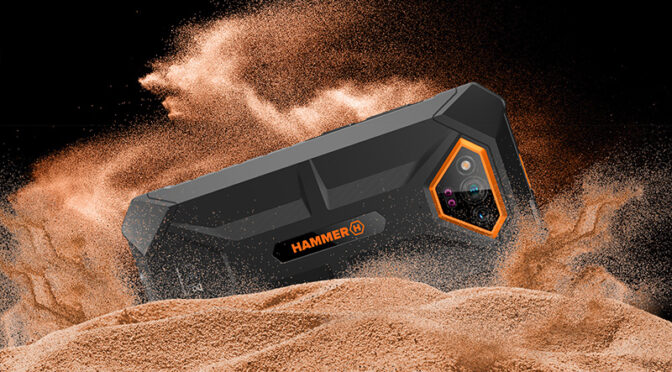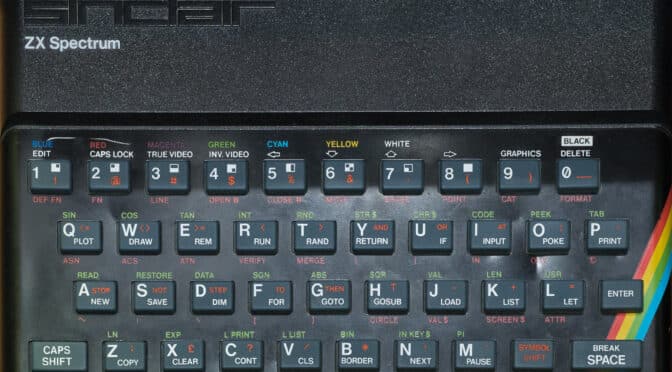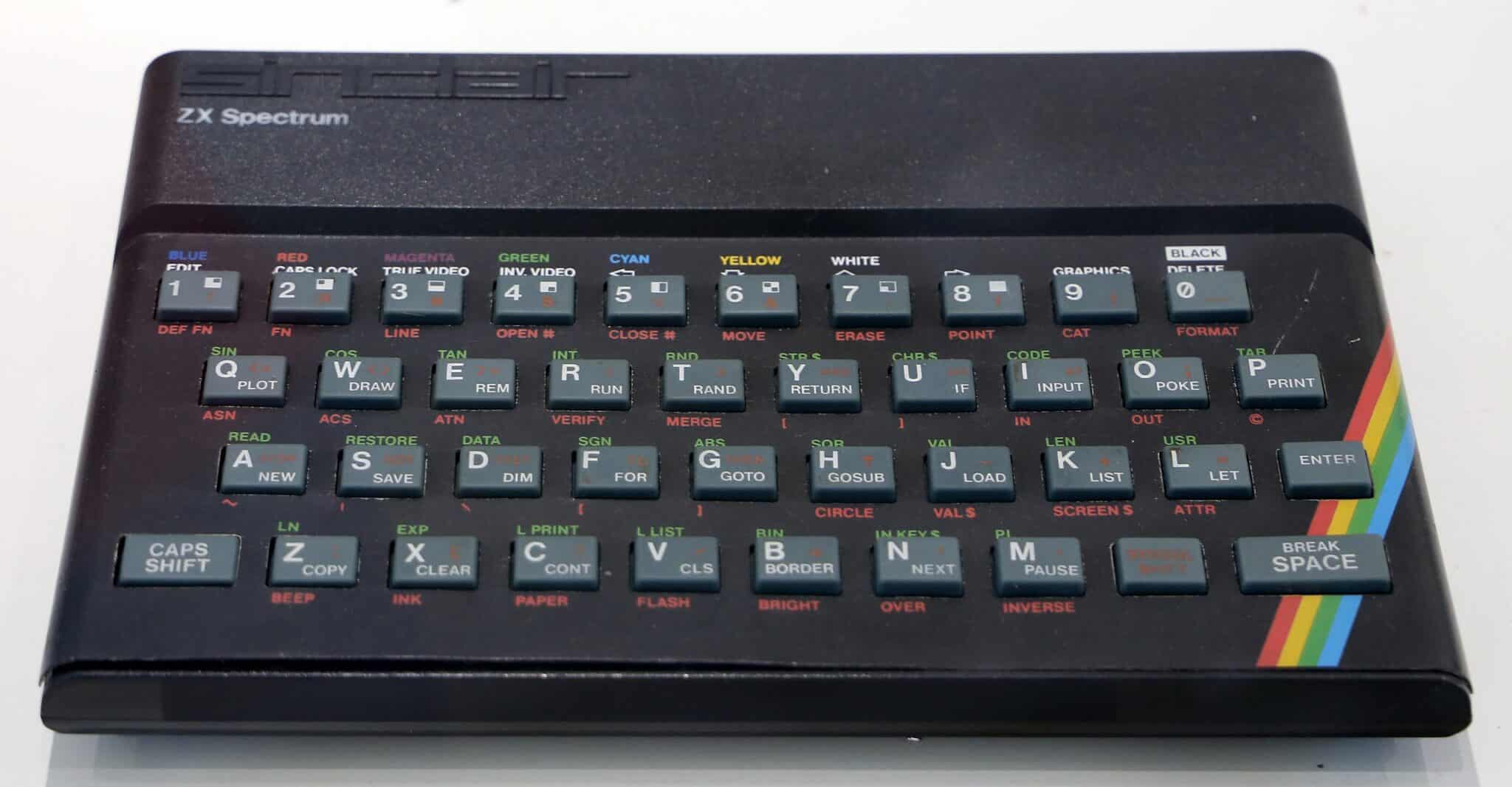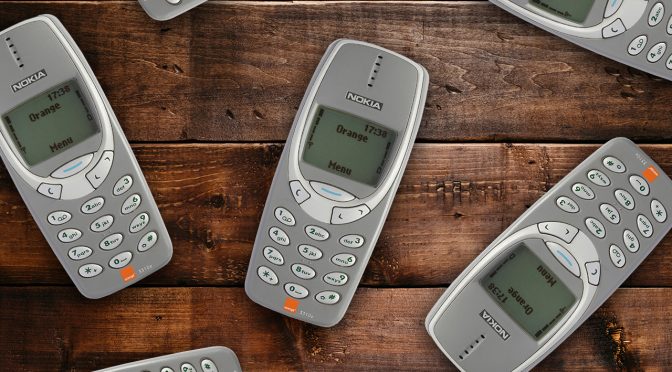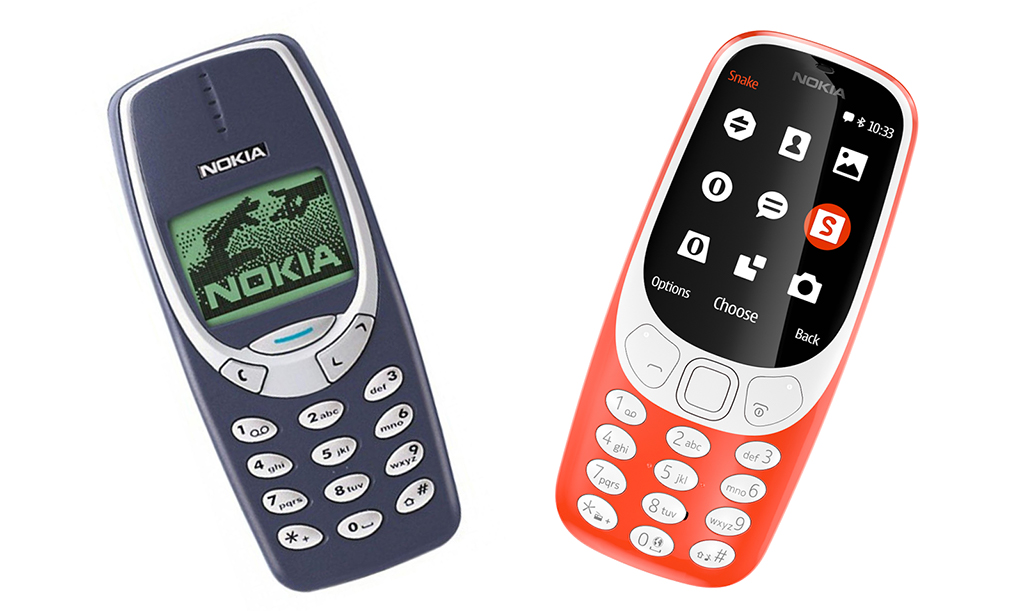This is the second in my series of reviews of devices from Hammer! Meet the Hammer Iron V!
Welcome to the next level of rugged mobile technology, where durability meets advanced functionality. The Hammer Iron V isn’t just a smartphone; it’s a fortress in your pocket, ready to face the harshest environments and still come out unscathed.
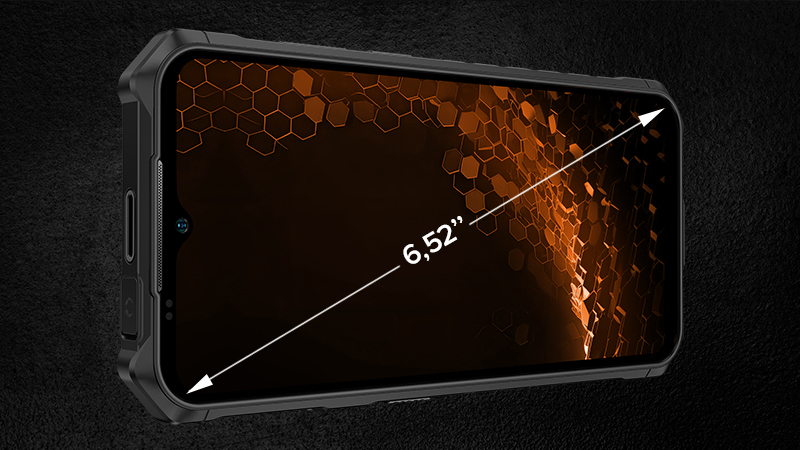
A Beast of a Display
With a generous 6.5-inch screen, the Hammer Iron V ensures you have ample space to work, play, and navigate. This isn’t just any screen – it’s an IPS display offering 1600 x 720 resolution with 269 ppi, providing clear, vibrant visuals that are easy on the eyes even in challenging light conditions.
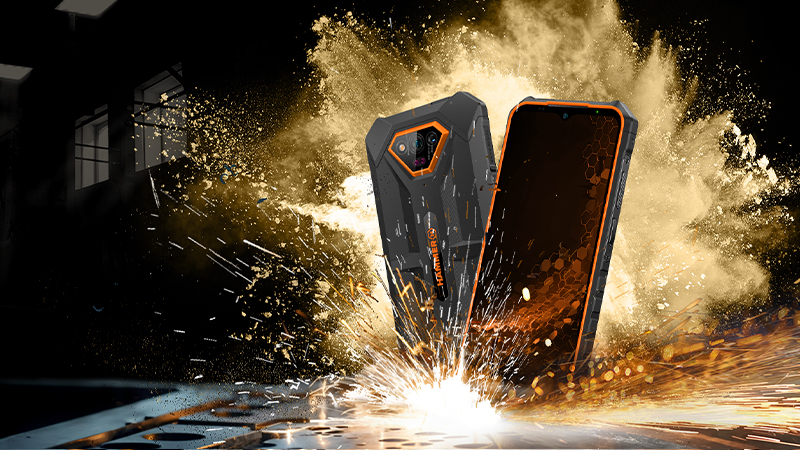
Unmatched Durability
The Hammer Iron V laughs in the face of water, dust, and adverse weather conditions. With an IP69 rating and MIL-STD-810H certification, this smartphone is built to withstand the elements, drops, and the roughest of handling. Whether you’re on a construction site or an outdoor expedition, this phone stands resilient.
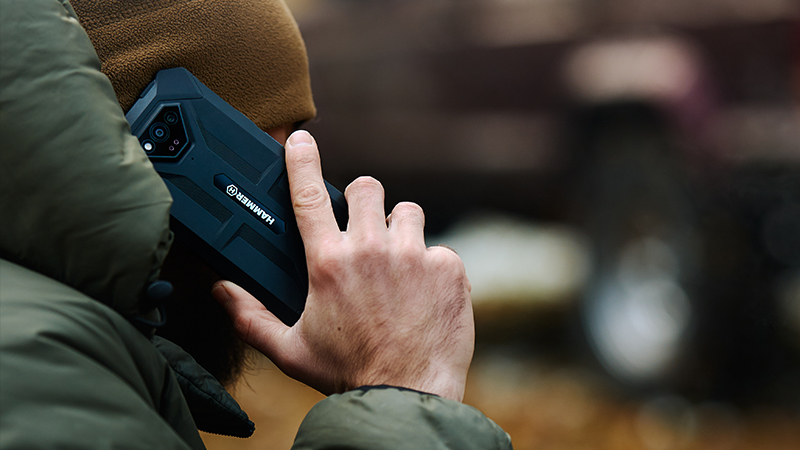
Power that Lasts
Equipped with a formidable 6320 mAh battery, the Hammer Iron V is designed to keep going long after other phones have tapped out. Need to work through the night? No problem. This battery supports you with up to 12 GB of RAM and runs on Android 13, ensuring smooth performance and multitasking capabilities.
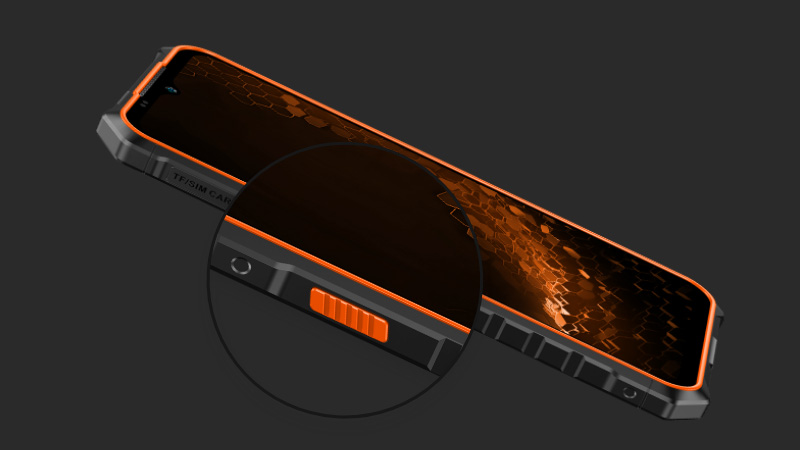
Cutting-Edge Features
What sets the Hammer Iron V apart is its night vision camera. Capture clear photos even in the darkest environments with the 50 MP (ƒ/1.8) lens. And yes, it’s capable of underwater photography too, making it perfect for documenting your underwater adventures or inspecting submerged structures.

Tools for Every Job
The Hammer Iron V is more than a smartphone; it’s a toolbox. The HAMMER Toolbox app is loaded with practical tools such as a sound meter, picture-hanging function, protractor, compass, and flashlight. These tools are invaluable whether you’re measuring sound levels at a concert or hanging pictures perfectly straight.

Work with Gloves On
For those who need to keep their gloves on, the Hammer Iron V’s gloved-hand operation ensures you won’t miss a beat. This feature is a game-changer for professionals who need to stay productive in rugged environments.
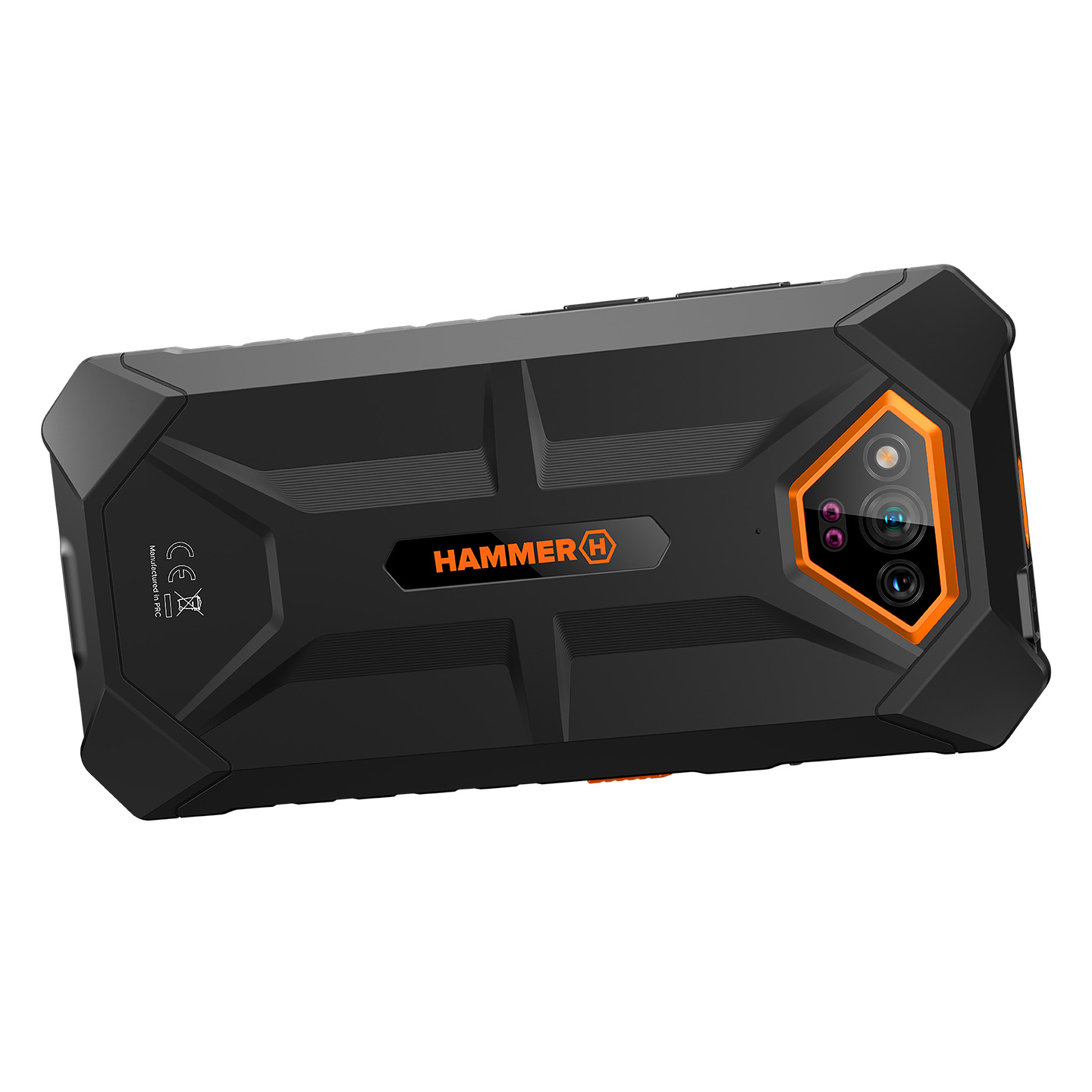
Built for Versatility
The Hammer Iron V is eSIM-ready and features NFC, providing flexibility for connectivity and payments. Dual SIM capability means you can manage work and personal calls from one device. Plus, the additional protective case comes with a rotating back clip and a carabiner, adding extra layers of protection and convenience for outdoor use.

Entertainment on the Go
Take advantage of the built-in radio function and enjoy your favorite stations without needing headphones. Whether you’re working, camping, or hanging out with friends, this feature ensures you have the perfect soundtrack.

Final Verdict
The Hammer Iron V is a testament to rugged elegance. It’s not just a phone; it’s a reliable companion for those who demand the best in durability and functionality. Whether you’re deep in the wilderness or navigating a busy job site, the Hammer Iron V is the tool you can trust.
With its advanced features, robust build, and practical tools, the Hammer Iron V is more than ready to meet the challenges of your active lifestyle. This is no ordinary smartphone – this is the Hammer Iron V.

